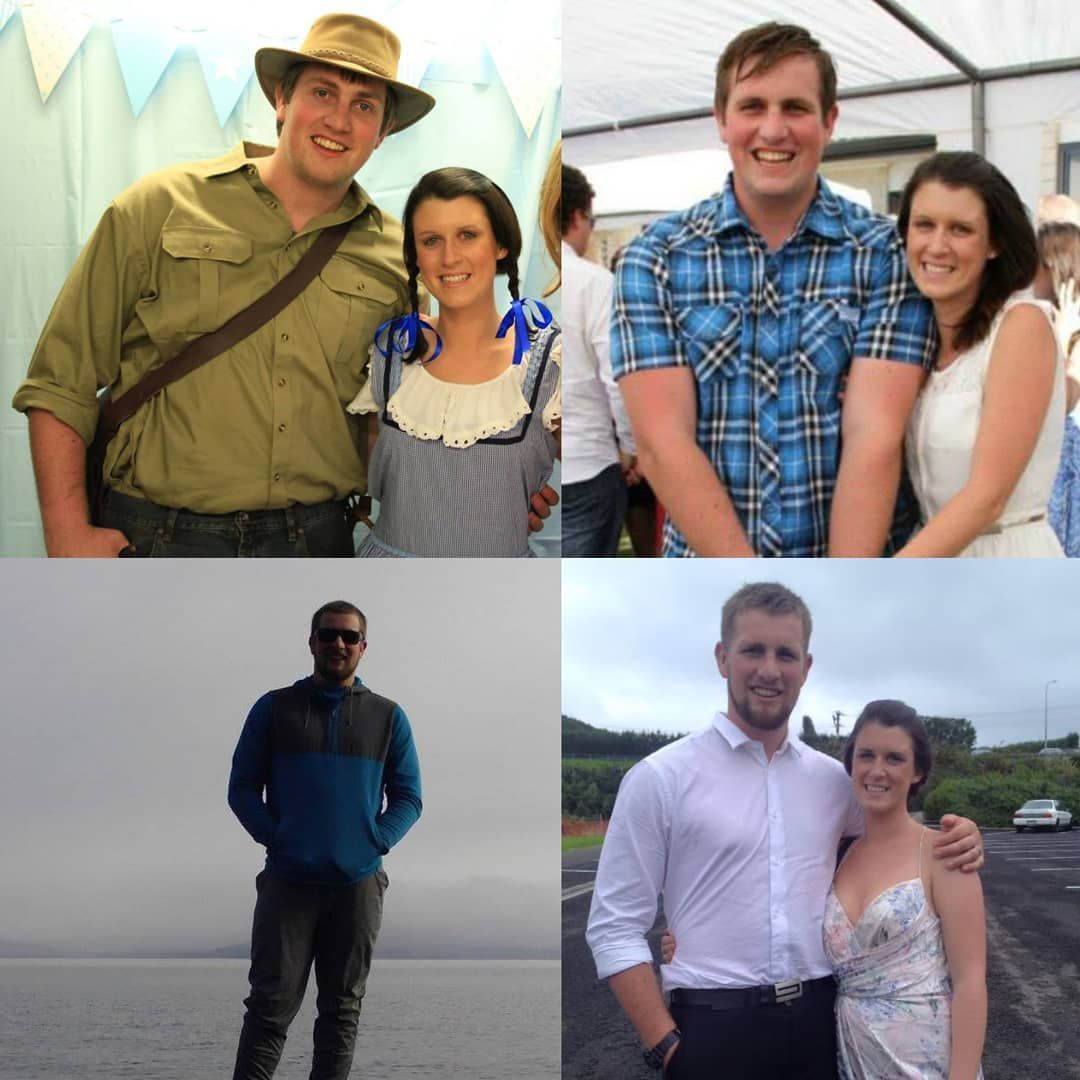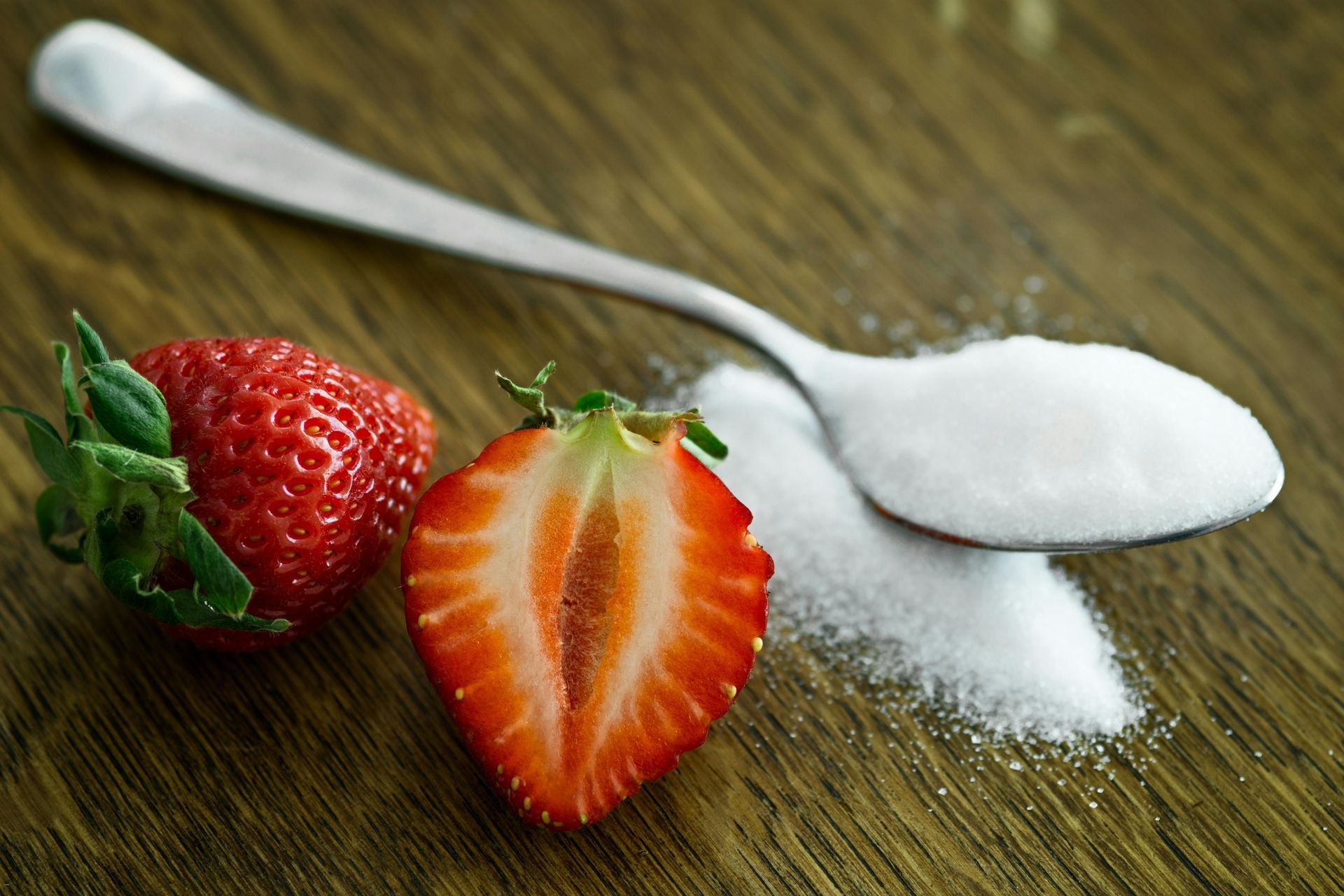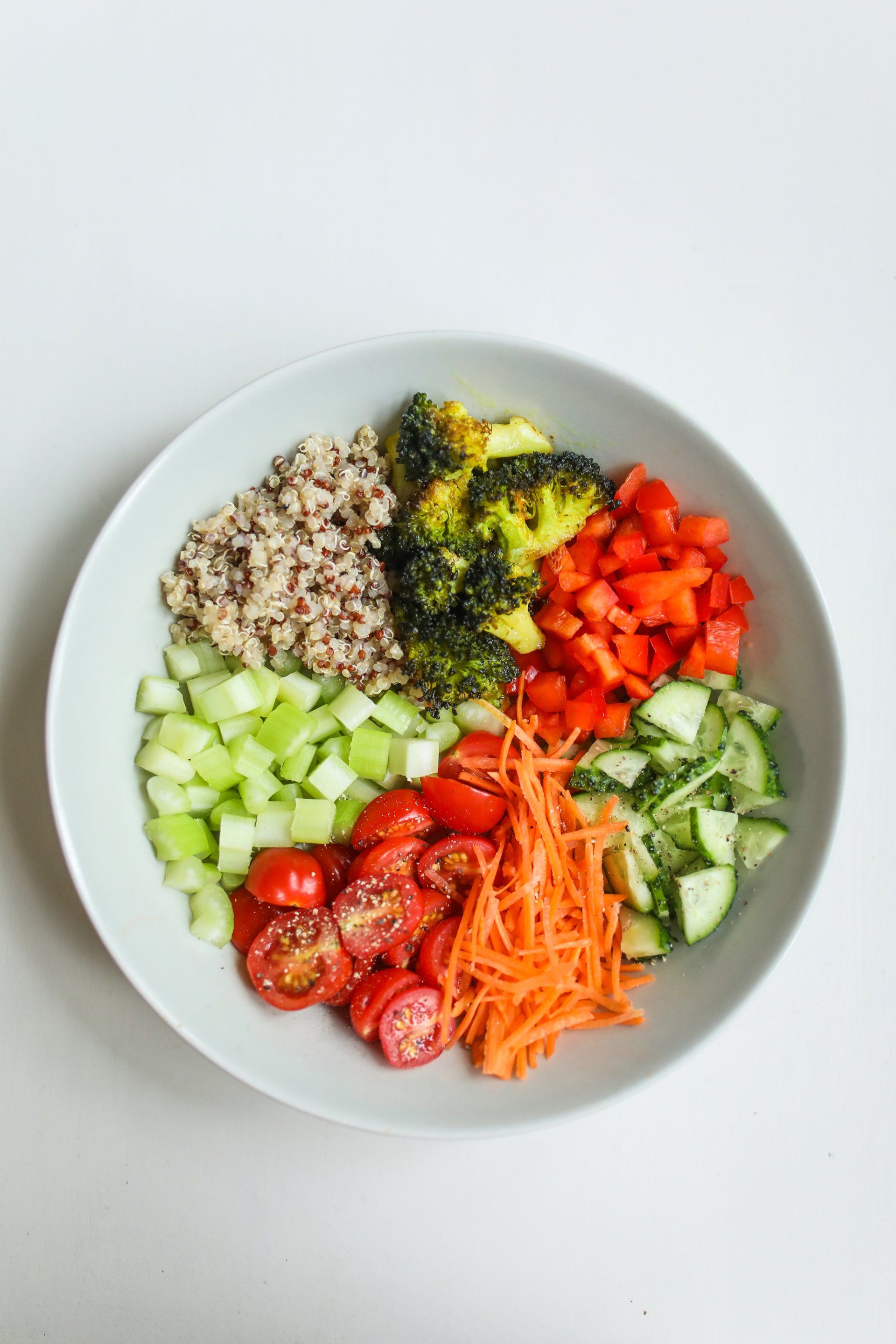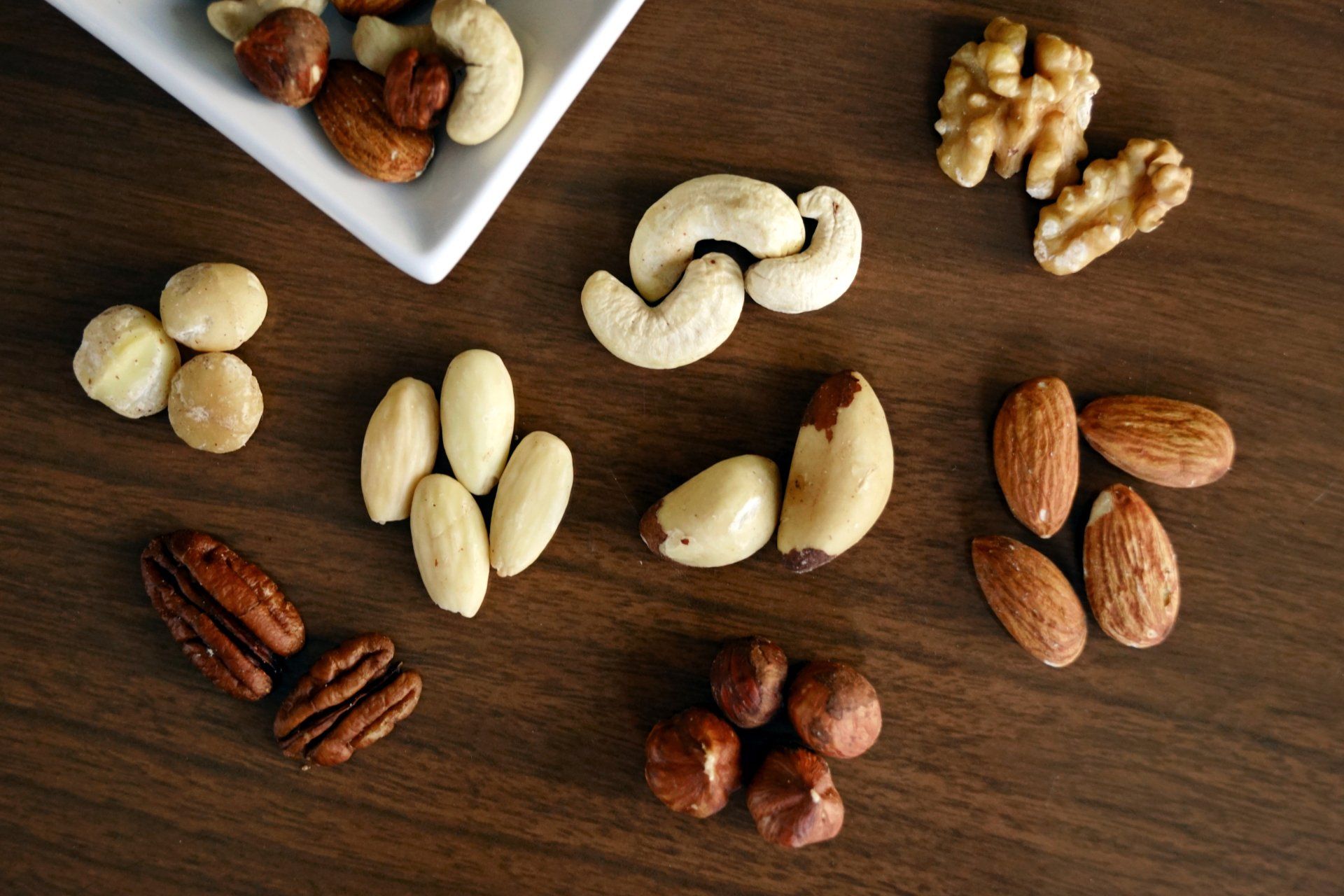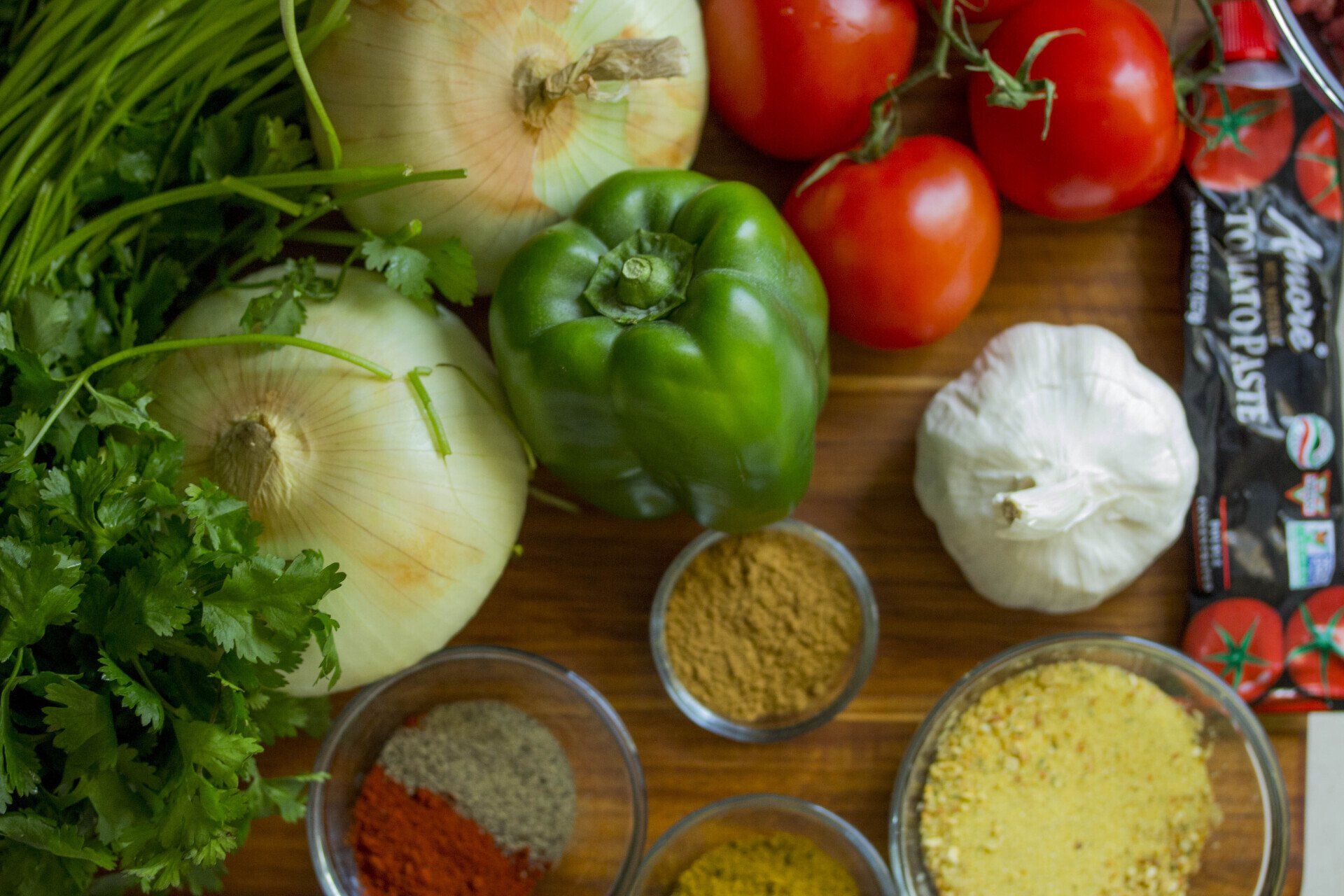Let me share a story with you about a guy whose life took a transformative turn after meeting a girl. It's also a tale of how I shed 50kg of fat.
I was always incredibly active growing up, able to eat anything and stay lean. However, when I turned 20 and left home, I continued eating the same way but stopped exercising. I'm sure you've heard similar stories before. I could list some great excuses here—like a busy life, stress eating, or poor nutrition knowledge—but I don't like excuses. The truth is, I got fat. To be precise, I gained 60kg in just over two years. While I was lifting weights during that time, some of it might have been muscle, but that's still a significant amount of weight to gain. With the weight came the usual side effects: low energy, painful joints, a sore lower back, and difficulty touching my toes.
Then entered the girl who changed my life—my soon-to-be wife. She's generally the sweetest, most encouraging person you'll ever meet. However, she did something no one else had done: she called me fat. Yep, she just came out and said, "Steve, you're fat. You need to do something about it." Great words from someone I was planning to propose to in a couple of months!
But her words did something—they forced me to confront the problem and acknowledge that I had to fix things.
Long story short, I started eating a lot of good food, exercised more and more as the weight allowed me to, discovered a passion for fitness, and addressed the unhealthy areas in my life that made stress eating an attractive escape. I went from 147kg in the top left photo to 97kg in the bottom right.
And I learned some things:
Start today. Not tomorrow, not on Monday, not after your cousin's, auntie's, or best friend's birthday party.
Don't make excuses. If you're overweight and/or unhealthy, do something about it. Don't know what to do? Find someone who does.
Expect to change your life. You became overweight/unhealthy living the way you are. There's a much better quality of life to be found by being leaner and healthier.
No one can do it for you. Advice, encouragement, and training are all useful tools, but you have to make it happen yourself because the biggest battles will be in your own head.
Lastly, have a clear endgame in mind.
P.S. Yes, my wife is amazing and a great motivator, but she's also a reminder that I make a choice every day to be a better version of myself—for my wife, my children, family, and friends.
Update: 10 years on from my heaviest.
After losing 50kg in 2 years, I still battled with body image issues, always feeling like I was still to fat, and feeling like if I could just get lean enough then it would solve all my issues.
So I decided to a bodybuilding style weight cut, assuming that if I was that lean I would be happy finally. The problem was, I woke up the day after finishing, and I still hadn't fixed my old food habits, I started re gaining weight quickly, especially as I thought I was now finished with weight loss and maintenance at lean would be easy.
Enter COVID and the lockdowns, in order to exercise in our 3x5m garage, I took up powerlifting. This also really helped my mental health as strength training is mentally easier to make yourself go and do a session, lifting lots of weight feels amazing and with long rest breaks you don't have the added stress of being out of breath.
I gained quite a bit of muscle, along with an increase in bodyweight, from 97-129kg. While I was much stronger, but that was masking my lack of fitness, increased weight, and lower self esteem.
Then in 2021 my varicrose veins (a left over from being overweight), started causing clotting, resulting in Deep Vein Thrombosis. After talking with a specialist, it was clear the powerlifting was causing the increase of pressure on my veins that exasabated the problem. Also, despite my added muscle, the total bodyweight was causing even more pressure, I needed to change my exercise habits, and lose weight, muscle and fat.
Fortunately, right as I was figuring out what I was going to do, running was out of the question, and most weight based exercise caused more issues, I had a new client come along who wanted to lose weight to compete better in Jiu jitsu. I traded PT for jiu jitsu lessons with Diego, and quickly fell in love with grappling. The bonus was that jiu jitsu is done on a padded mat, and often lying on the ground, meaning there was no stress on my veins, it also burns a massive amount of energy, due to how full body and intense it is.
I also worked to change my food habits, rather than coming up with yet another food plan that only worked short term, I started to focus on changing habits ,based around how I grew up eating food. This led to long term sustainable food practices that led to slow steady weight loss again.
Once I had surgery on my veins, I needed to figure out how to incorporate active calf exercise, that wasnt high impact and repetive, and look for a lower intensity form of cardio. So I took up kickboxing and swimming. The secondary benefit is I now started to view my body for what it could do, rather than obsessing over what it looked like, or what the scales said.
Now I sit around 108kg, I have a variety of interesting exercise options that mean I stay active, while weight training once or twice a week, focusing on mobility and relative strength. My food is now based on having lower calorie dense carbs, while packing in as much taste and nutrients as possible, all changes that will allow this to keep working for another 10 years.

